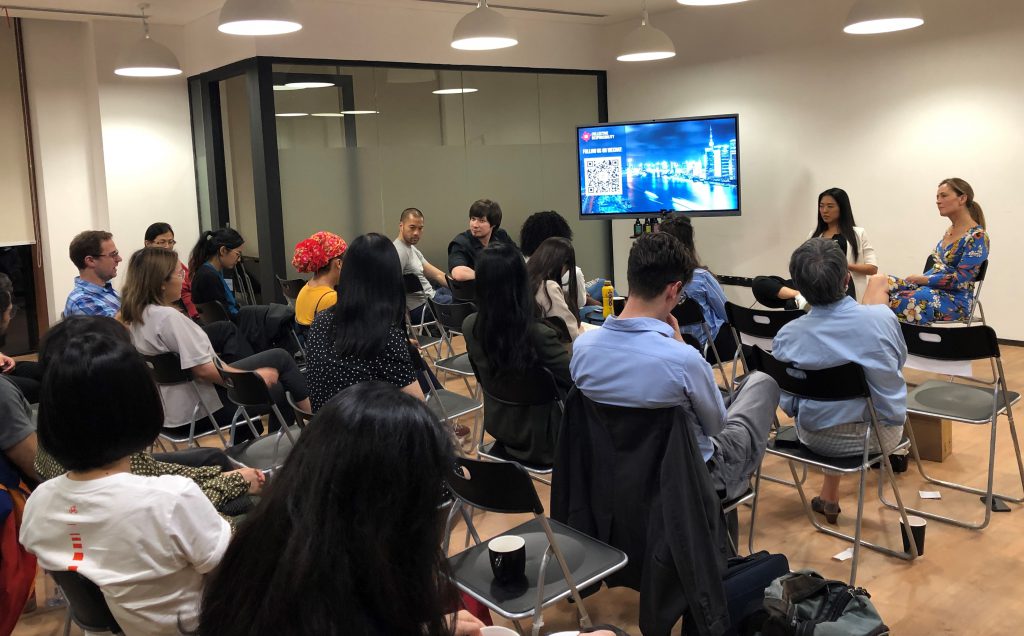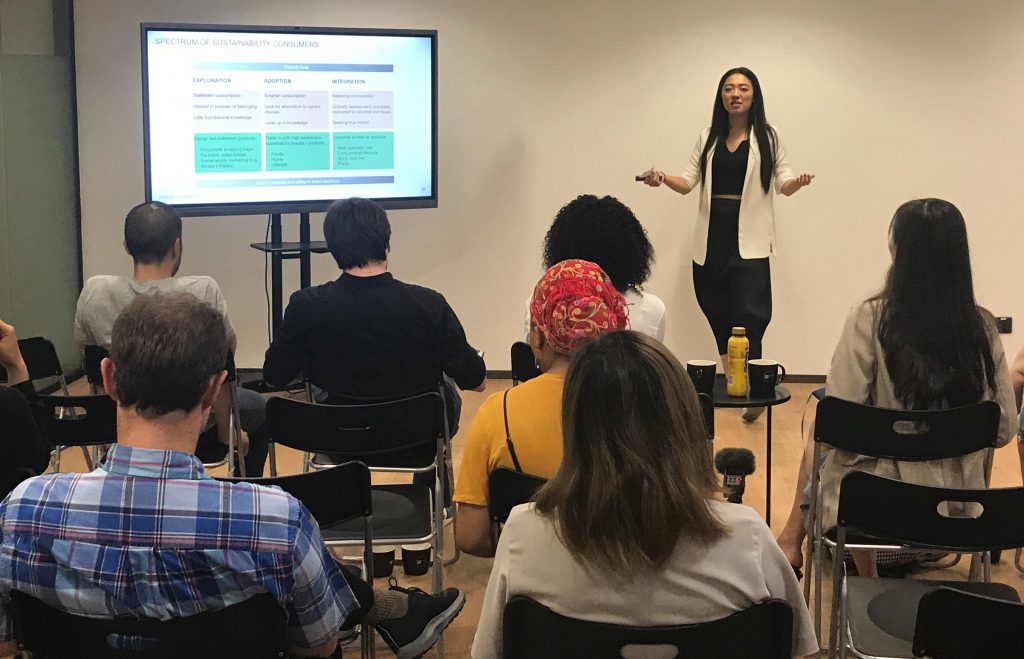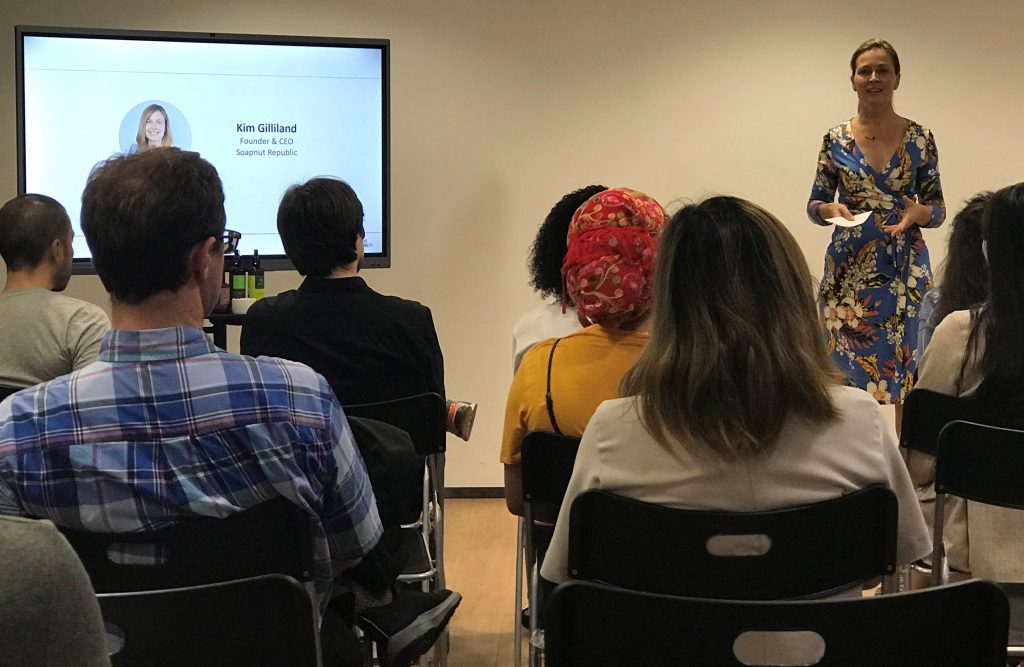For many firms who have invested significant time and resources into developing products where sustainable attributes are central to the offering, or have launched entirely new business units meant to deliver a sustainable solution, the market has proven difficult.
Time and time again, consumers and stakeholders alike, will indicate a preference for supporting brands who are “more sustainable”, and claim they will pay premiums for “sustainable products”, but many of those same consumers will continue to make ultimately chose to continue purchasing “the other brands” for cost and convenience.
To help participants understand the tools and tactics required to overcome these barriers, and to build a successful brand, we hosted June Forum to bring young professionals to gain deeper insights into the mindset of the Chinese “sustainable” consumer and learn some of the tools and strategies that others have leveraged to engage and convert them.
Following an engaging morning session, more than 35 young professionals joined us at Kr Space on Huashan to learn from Jidi Guo, Director of Inner Chapter, and Kim Gilliland, CEO & Founder of Soapnut Republic, about the work they have been doing to understand and engage China’s sustainable consumers.
Having recently worked with several large multinational brands on this very topic, Jidi’s showed participants that while the market itself is still small, there are some key segments of growth.
Segments where brands are performing quite well, but to do so, need to re-think how they approach these markets. To accept that the markets are slower, are less inclined to be influenced by traditional marketing, and are more likely to research the brands, and product, attributes on their own.
As the founder of the brand Soapnut Republic, Kim’s challenge was for her a personal one. She was worried about the health and well-being of her children, and that has driven her to develop, and deliver, a product to the market that is “safe enough to drink”.
It is a process that started in her kitchen with her husband Bobby, and early on was a key selling point to her early adopters, multinational families. Building off her early success, Soapnut’s next challenge was to crack the local Chinese market.
A market whose consumers are less likely than their peers overseas to buy “sustainability”, but with a value proposition that is aligned to safety, she has still been able to find success through their Soapnut WeChat store as well as through bulk purchase (zero waste stores) in the region.

Afterwards, a very lively discussion between speakers and panelists took place, with many questions focused on the specific tactics for better understanding and engaging Chinese consumers.
With the goal of our event platform to not only drive awareness of key social and environmental challenges to existing economic and business models, but to help build the business case for business case for sustainability, we would like to thank our speakers for helping to inspire, engage, and equip participants to take their own steps forward.
If interested in learning more, we invite you to click here to view the event video in full, and should you have any questions, feel free to contact us and we will be happy to put you in touch with the speakers.
Next month, we will speak about urban resilience and adaptation, highlighting the work of some amazing urban planners, brands and entrepreneurs, and we hope that you will join us for another engaging series!


